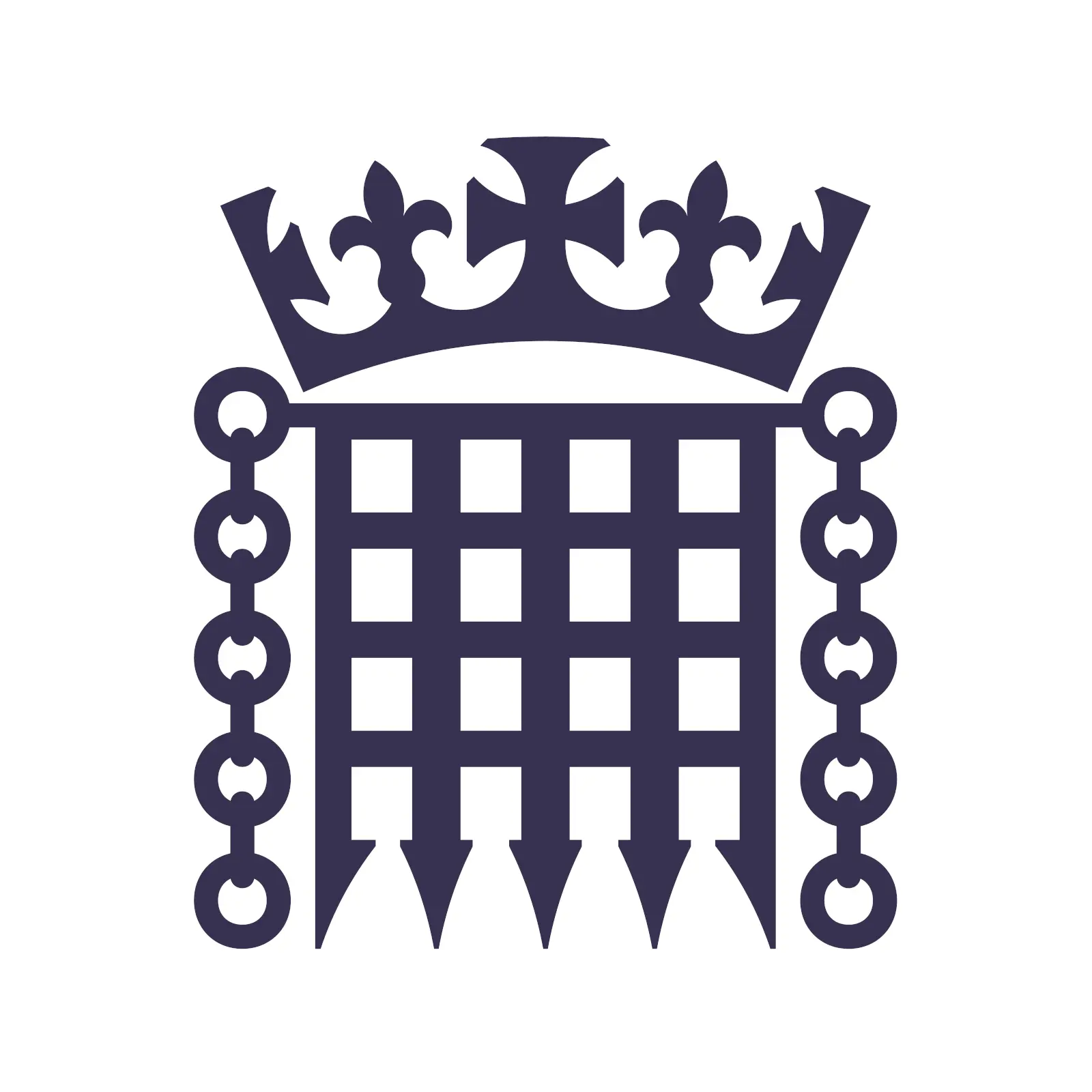
just plug in the hydrogen generator for 5 hours and you’re good to go, no batteries to charge

just plug in the hydrogen generator for 5 hours and you’re good to go, no batteries to charge


You gotta wonder WTF the French were thinking when they decided to force people into the sweltering insomnia of 80 degrees indoors at night just for the sake of creating the appearance that climate change is the fault of the dispossessed proletariat running air conditioners to survive global heating, and pretending like the owners of the means of production aren’t actually in a position to change how the economy functions.
run on “government bad”
get elected
govern poorly
“told you so”
you mean the patriarchy?


This legit sounds like bioweapons testing on the public.
096 has breached containment
add that shit up


Who gets to choose what the truth is?
Not really. Its trees from a time before micro organisms evolved the ability to eat dead trees. These days, the solar energy collected by trees will get used to power the metabolisms of fungi before those trees can get buried and eventually become new coal & petroleum.
I suppose an impact from a sufficiently large asteroid could turn the entire crust of the planet into magma, sterilizing it and therefore opening the possibility that new oil might be created some day.


That’s just a fucking blatant lie. Obamacare is free if your income is low enough.
This is also factually inaccurate. If your income is low enough, then I know from experience that the sign up process for the ACA will redirect you to Medicaid.
I believe that you believe that you’re telling the truth, but it seems like you’ve been misinformed. In reality, you’ve asked me to disregard my own lived experience and to ignore the evidence provided by my own lying eyes.
I’m in it. Right now. Trying to get healthcare as a poor person in USA.
Your replies make it seem like you are not - like you’re out of touch and apparently believe its easier to be poor in USA than it actually is. A poor person in USA can get free healthcare, but you have to stay poor to keep it. If your income grows to about 1 standard deviation below the median, which is still less than a living wage, then you’ll lose access to Medicaid and have to shop for an ACA plan in the marketplace. Those marketplace plans became garbage after the Republicans repealed the important parts of ‘obamacare’.


That’s factually inaccurate.
The cheapest plans cost hundreds of dollars per month and have deductibles that make you pay thousands of dollars out of pocket before the insurance company will pay out a cent. Its worse than just not having any insurance - not only are you still paying full price for healthcare, but you’re also out hundreds of dollars a month paying the premiums for an insurance policy that doesn’t actually cover anything unless you happen to have thousands of dollars in the bank to pay the deductibles.
If you make enough money that you can afford to pay the premiums and deductibles for even the cheapest of ACA plans, or if you’re so out of touch and far removed from shopping for ACA plans as a poor person that you’re not aware of just how expensive they are and how little they cover, perhaps it is you who needs to re-evaluate how privileged you are.


The ACA was good the first year it existed, but deductibles and premiums have both since increased beyond the point of usefulness.
“existing money” that someone else took out as a loan at one point
and when the loan is paid back, and the books go positive, that’s even better than getting a free house, or whatever collateral was used. its free money for the bank, money that didn’t exist before the loan created it
The government printing money is only a tiny fraction of new currency generated. Most new money is created by private banks issuing loans to other private entities - its mostly not created by the government:
https://en.wikipedia.org/wiki/Fractional-reserve_banking
As banks hold in reserve less than the amount of their deposit liabilities, and because the deposit liabilities are considered money in their own right (see commercial bank money), fractional-reserve banking permits the money supply to grow beyond the amount of the underlying base money originally created by the central bank.
For example, if banking regulators set the ‘reserve ratio’ at 1:10, and you deposit $1,000 at your bank, then your bank would be able to give out loans worth $10,000. The effect on the volume of currency that exists is the same as if the US Mint printed an additional $9,000.
One problem with that system is that big loans - i.e. new currency entering the system - take time for their full inflationary effects to be felt. The “people” who get the big loans can spend the new currency at its full value, but by doing so they put enough new currency into circulation to devalue it via inflation, so the next people who receive that money get less purchasing power from it. Its a positive feedback loop leading to system instability.
Another problem with that system is that all existing money is debt which is owed back to the bank plus interest. However, there’s not actually enough currency in existence to pay back all the loans & interest - there’s exactly enough to cover the principal - so the banks inevitably get to confiscate people’s property when they default on loans. Remember that the banks invented that money from thin air via fractional reserve lending . . . now they’ve turned that thin air into physical, tangible wealth - repossessed houses and such - at no cost or meaningful risk to them.
One of the consequences of the fractional reserve lending system is that increasing the ‘reserve ratio’ will decrease the rate of inflation. Less new loans are issued, so less new currency enters the system. The banking lobby does not want this to become common knowledge, for obvious reasons. Federal taxes can be eliminated entirely, and the mitigating influence those taxes would have on inflation can be replicated by slowing down the rate at which private banks “print money”.


That’s as far as I got too before quitting due to boredom, but for different reasons.
Character building and combat are the main draws for me to D&D, but D&D 5E character building is a step backwards from 3&3.5E and micromanaging an entire party through turn based combat feels like a chore. I’d like to see a Borderlands or Diablo II mod that takes those gameplay styles into the Forgotten Realms setting - a fast paced, skill based game that focuses on action, where you control a single character who’s design and progression increase the skill ceiling by providing more options to make split-second decisions about what tactics to use during each encounter.
The value of stocks has no direct impact on the volume of currency that exists, and printing literal paper money is only a tiny fraction of the new currency generated by the banking system. The person you replied to is correct. Most new money is created by banks:
https://en.wikipedia.org/wiki/Fractional-reserve_banking
As banks hold in reserve less than the amount of their deposit liabilities, and because the deposit liabilities are considered money in their own right (see commercial bank money), fractional-reserve banking permits the money supply to grow beyond the amount of the underlying base money originally created by the central bank.
For example, if banking regulators set the ‘reserve ratio’ at 1:10, and you deposit $1,000 at your bank, then your bank would be able to give out loans worth $10,000. The effect on the volume of currency that exists is the same as if the US Mint printed an additional $9,000.
One of the problems with that system is that all that money is owed back to the bank + interest. However, there’s not actually enough currency in existence to pay back all the loans + interest, so the banks inevitably get to confiscate people’s property when they default on loans. Remember that the banks invented that money from thin air via fractional reserve lending - now they’ve turned that thin air into physical, tangible wealth at no cost to them.
Another problem with that system is that big loans - i.e. new currency entering the system - take time for their full inflationary effects to be felt. The “people” who get the big loans can spend the new currency at its full value, but by doing so they put enough new currency into circulation to devalue it via inflation.
One of the consequences of the fractional reserve lending system is that increasing the ‘reserve ratio’ will decrease the rate of inflation. Less new loans are issued, so less new currency enters the system. The banking lobby does not want this to become common knowledge, for obvious reasons. Federal taxes can be eliminated entirely, and the regulatory effect those taxes would have had on inflation can be substituted by taking it out of the banker’s profits by reducing the amount of new currency the banks are adding to the economy via fractional reserve lending.


a thin layer of positive mass tucked inside an outer layer of negative mass
If the universe provides negative mass, maybe we could use it to build an FTL warp drive.


Maybe they’re looking at SLS numbers and ignoring reusable rockets like Starship? Perhaps it would not be feasible to move a sufficient mass of shielding into orbit using the $2 billion per flight, one time use SLS.
plot twist, cleaning up the source of that contamination would mean a local business endures lower profit margins. the bureaucrat who’s job it was to push the Approved! button got chased away from their terminal by a guy in a rubber mask who brought a fog machine and a projector